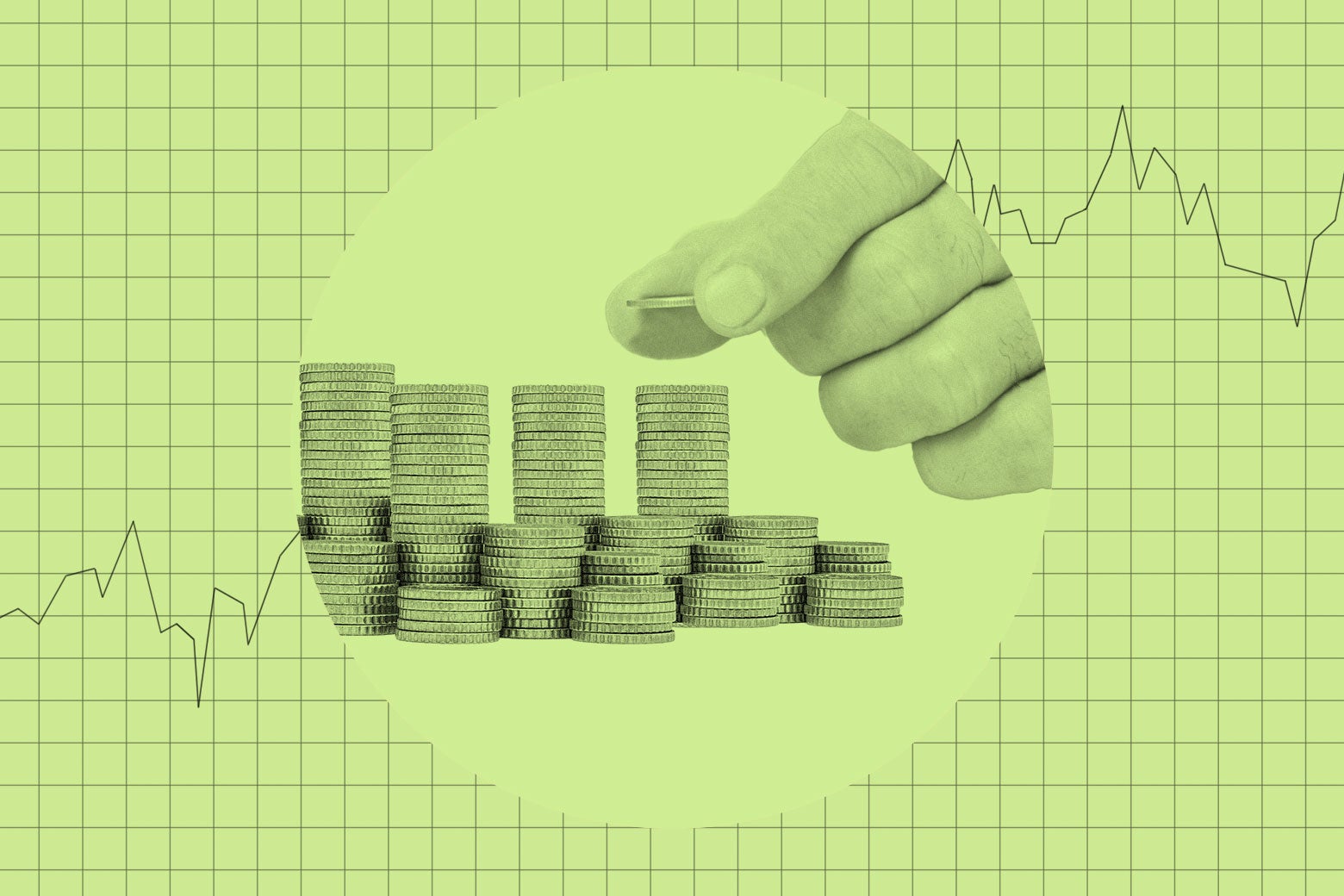
"I assume that he will have to pay capital gains tax on the amount that the coins' value has increased since he and his (now deceased) wife purchased them. However, he does not remember when they bought the coins or what they paid for them. How are the capital gains treated, as income taken all in the year of sale or amortized? When he figures out when he and his wife bought them, how do we find out what they were worth at that time?"
"To clarify what you're talking about here, the IRS treats any profit from selling certain collectibles, like coins, as a capital gain. In other words, your brother will owe taxes on the difference between what he paid for the coins (his "cost basis") and how much he sold them for. And because coins are classified as collectibles, the tax rate can be higher than it is for regular investments. If he owned the coins for"
An 88-year-old moved in with a sibling and sold heavy coins retrieved from a former-state unclaimed-property program, receiving tens of thousands of dollars. The seller lacks records of when the coins were purchased and what was paid, making cost-basis calculation difficult. The IRS treats profit from selling collectibles such as coins as capital gains, so taxes apply to the difference between cost basis and sale price. Collectible gains can be taxed at higher rates than regular investments. A substantial one-time capital gain could materially increase annual income and risk loss of means-tested prescription assistance.
Read at Slate Magazine
Unable to calculate read time
Collection
[
|
...
]